Concat String In Bash
Concatenation Basics:
To concatenate strings in Bash, you can use the concatenation operator (+) or the append operator (+=). The concatenation operator (+) simply combines two strings together. Here’s an example:
“`bash
string1=”Hello”
string2=”World”
concatenated=”${string1}${string2}”
echo “$concatenated” # Output: HelloWorld
“`
Alternatively, you can use the append operator (+=) to add new strings to an existing string. Here’s an example:
“`bash
string=”Hello”
string+=” World”
echo “$string” # Output: Hello World
“`
Concatenation with Variables:
In Bash, you can store strings in variables and concatenate them as needed. You can use variables within double quotes to concatenate them with other strings. Here’s an example:
“`bash
name=”John”
greeting=”Hello, ${name}!”
echo “$greeting” # Output: Hello, John!
“`
You can also concatenate variables with strings using different methods:
“`bash
name=”John”
age=30
output=$name”, whose age is “$age” years.”
echo “$output” # Output: John, whose age is 30 years.
“`
Concatenation with Command Output:
In addition to concatenating static strings, you can also concatenate strings with the output of commands in Bash. You can capture command output using backticks (`) or the $(…) syntax. Here’s an example:
“`bash
date=$(date +%Y-%m-%d)
filename=”file_”$date”.txt”
echo “$filename” # Output: file_2022-01-01.txt
“`
Concatenating Strings with Special Characters:
When dealing with special characters, it is important to handle them properly during string concatenation. You can escape special characters using backslashes (\). Here’s an example:
“`bash
string=”This is a sentence with a backslash (\).”
echo “$string” # Output: This is a sentence with a backslash (\).
“`
You can also concatenate strings with newline characters (\n) to improve readability. Here’s an example:
“`bash
string1=”Hello”
string2=”World”
concatenated=$string1″\n”$string2
echo -e “$concatenated” # Output:
# Hello
# World
“`
When dealing with quotes in concatenated strings, you might need to use backslashes to escape them. Here’s an example:
“`bash
message=”He said, \”Hello, World!\””
echo “$message” # Output: He said, “Hello, World!”
“`
Appending to Files with String Concatenation:
String concatenation becomes especially useful when working with files in Bash. You can concatenate strings and redirect the output to a file. Here’s an example:
“`bash
echo “This is a line of text.” > file.txt
“`
You can also append strings to an existing file using the append operator (>>). Here’s an example:
“`bash
echo “This line will be appended.” >> file.txt
“`
Alternatively, you can create files and append strings using redirection operators. Here’s an example:
“`bash
echo “This line will be added to file.txt” >> file.txt
“`
Combining concatenation with file operations allows for efficient scripting and manipulation of text files.
Advanced Concatenation Techniques:
The printf command provides advanced string formatting capabilities in Bash. It allows you to control the output format while concatenating strings. Here’s an example:
“`bash
name=”John”
age=30
printf “Name: %s\nAge: %d\n” “$name” “$age”
# Output:
# Name: John
# Age: 30
“`
You can also combine concatenation with command substitution and variable expansion for more complex concatenation. Here’s an example:
“`bash
date=$(date +%Y-%m-%d)
filename=”file_”$(echo “$date” | tr -d ‘-‘)”.txt”
echo “$filename” # Output: file_20220101.txt
“`
Handling variables within multiline strings for complex concatenation is also possible in Bash. Here’s an example:
“`bash
multiline_string=”
First line.
Second line with a variable: $name.
Third line.
”
echo “$multiline_string” # Output:
# First line.
# Second line with a variable: John.
# Third line.
“`
These advanced concatenation techniques come in handy when you need to format strings precisely or manipulate complex data.
In conclusion, concatenating strings in Bash is a versatile operation that allows you to combine strings, variables, and command output to build dynamic scripts and manipulate text effectively. By mastering the different concatenation methods, handling special characters, appending to files, and leveraging advanced techniques, you can become proficient in Bash string concatenation.
FAQs:
Q: How do I concatenate strings in a loop in Bash?
A: To concatenate strings in a loop, you can use a combination of variables and string concatenation techniques. For example:
“`bash
result=””
for i in {1..5}; do
result+=” Text$i”
done
echo “$result” # Output: Text1 Text2 Text3 Text4 Text5
“`
Q: How do I concatenate two variables in a shell script?
A: Concatenating two variables in a shell script is similar to concatenating strings. Simply combine the variables using the concatenation operator (+) or the append operator (+=). Here’s an example:
“`bash
var1=”Hello”
var2=”World”
result=”${var1}${var2}”
echo “$result” # Output: HelloWorld
“`
Q: How do I split a string in Bash?
A: Bash does not have a built-in function to split strings. However, you can use string manipulation techniques or external tools like awk or cut to achieve string splitting. Here’s an example using awk:
“`bash
string=”This is a sentence.”
words=$(awk -F ‘ ‘ ‘{for (i=1; i<=NF; i++) print $i}' <<< "$string")
for word in $words; do
echo "$word"
done
# Output:
# This
# is
# a
# sentence.
```
Q: How do I declare a string in Bash?
A: In Bash, you can declare a string variable simply by assigning a value to it. Here's an example:
```bash
string="Hello, World!"
echo "$string" # Output: Hello, World!
```
Q: How do I concatenate command output in Bash?
A: To concatenate command output in Bash, you can assign the command output to a variable and concatenate it with other strings. Here's an example:
```bash
output=$(ls)
result="The files in the current directory are: ${output}"
echo "$result"
```
Q: How do I concatenate strings efficiently in a shell script?
A: To concatenate strings efficiently in a shell script, it is recommended to use the append operator (+=) instead of the concatenation operator (+) when possible. The append operator does not create a new string each time and is more efficient for concatenating multiple strings.
Bash Concatenate Strings
Keywords searched by users: concat string in bash Concat string bash, shell script concatenate string and variable, Add character to string bash, bash concatenate strings in loop, how to concatenate two variables in shell script, Split string bash, Declare string in bash, Concat output bash
Categories: Top 47 Concat String In Bash
See more here: nhanvietluanvan.com
Concat String Bash
Concatenating strings simply means combining two or more strings together. This operation allows you to create dynamic strings that incorporate various variables or literal strings. In bash, there are several methods to achieve string concatenation.
The most basic method to concatenate strings in bash is by using the double quotation marks. Let’s consider a simple example:
“`bash
first_name=”John”
last_name=”Doe”
full_name=”$first_name $last_name”
echo “Full name: $full_name”
“`
In this example, we define two variables: `first_name` and `last_name`. By enclosing the variables within double quotation marks, we can concatenate them into the `full_name` variable. Finally, we print the complete name using `echo`.
Another approach to concatenate strings is by directly appending them using the `+=` operator. Here’s an example:
“`bash
greeting=”Hello”
subject=”World”
greeting+=” $subject”
echo “$greeting”
“`
In this case, we first initialize the `greeting` variable with the string `”Hello”`. Then, by using the `+=` operator, we append the string `” $subject”`. Finally, we echo the result, which prints `”Hello World”`.
Aside from these two methods, you can also use the `printf` command to concatenate strings in bash. The `printf` command allows you to format and print data, including string concatenation. Here’s an example:
“`bash
name=”Alice”
age=25
printf “My name is %s and I am %d years old.\n” $name $age
“`
In this example, we utilize the `%s` and `%d` format specifiers to represent string and integer values respectively. By passing the variables `$name` and `$age` to `printf`, the resulting string concatenation incorporates them into the formatted output. The final line break is achieved using `\n`.
Now that we have covered the basics of concatenating strings in bash, let’s delve into some frequently asked questions about this topic.
## FAQs
**Q: Can I concatenate more than two strings together?**
A: Absolutely! You can concatenate as many strings as you need by combining the methods mentioned above. For instance, you can use the double quotation marks for two strings and then use the `+=` operator to append more strings.
**Q: Can I concatenate strings with integers?**
A: Yes, you can concatenate strings and integers in bash. When using double quotation marks or `printf`, the integer value will be implicitly converted to a string, allowing you to concatenate them seamlessly.
**Q: How can I handle whitespaces while concatenating strings?**
A: Handling whitespaces can be achieved through quotation marks. Enclosing the strings within double quotation marks preserves the whitespace between the strings, ensuring correct concatenation. If you want to keep leading or trailing whitespaces, use single quotation marks instead.
**Q: Can I concatenate strings inside a loop?**
A: Yes, you can concatenate strings inside loops or any other control structures in bash. The principles remain the same, and you can utilize any of the mentioned methods according to your preference.
**Q: Are there any limitations to string concatenation in bash scripting?**
A: Bash does not have inherent limitations on string concatenation. However, if dealing with extremely large strings or a considerable number of concatenations, performance may be affected. It is always recommended to optimize your scripts for efficiency.
In conclusion, understanding how to concatenate strings in bash scripting is fundamental to writing efficient and dynamic scripts for Unix-based systems. By utilizing methods like double quotation marks, `+=` operator, or `printf` commands, you can easily combine strings to create meaningful outputs. Keep practicing and experimenting with different concatenation techniques to enhance your bash scripting skills. Happy scripting!
Shell Script Concatenate String And Variable
Before diving into the concatenation techniques, let’s first understand what concatenation means in the context of shell scripting. Concatenation simply refers to combining two or more strings or variables to create a single string. This operation is commonly used to create informative messages, file names, or modify existing values.
Now, let’s explore different methods to concatenate strings and variables in shell scripts:
1. Using the double quotes:
One of the simplest ways to concatenate strings or variables is by enclosing them in double quotes. For example:
“`bash
name=”John”
echo “Hello, $name!”
“`
Output: Hello, John!
In the above example, the variable `$name` is concatenated with the string “Hello, ” using double quotes. The resulting string is then displayed using the `echo` command.
2. Using the `+` operator:
You can also use the `+` operator to concatenate strings in shell scripts. However, this method is not as widely used as the double quotes approach. Here’s an example:
“`bash
string1=”Hello”
string2=”World”
concatenated_string=$string1+$string2
echo $concatenated_string
“`
Output: Hello+World
As shown in the example, the `+` operator concatenates the two strings, resulting in “Hello+World”. However, note that the `+` operator does not implicitly add a space between the two strings, unlike the double quotes method.
3. Using the `+=` operator:
The `+=` operator is specifically used for concatenating strings with variables in shell scripts. Here’s an example:
“`bash
name=”John”
greeting=”Hello, ”
greeting+=$name”, how are you?”
echo $greeting
“`
Output: Hello, John, how are you?
In this example, the `+=` operator appends the value of the variable `$name` to the existing value of the variable `$greeting`, resulting in “Hello, John, how are you?” The added advantage of using `+=` is that it implicitly adds a space between the two strings.
4. Using the `echo` command:
The `echo` command can also be used to concatenate strings and variables. This method is particularly useful when you want to display the concatenated string immediately. Here’s an example:
“`bash
name=”John”
echo “Hello, “$(name)”!”
“`
Output: Hello, John!
In this example, the `$(name)` syntax is used to embed the value of the variable `$name` within the string. The resulting string “Hello, John!” is then displayed using the `echo` command.
Frequently Asked Questions:
Q1: Can I use single quotes for concatenation instead of double quotes?
Yes, you can use single quotes to concatenate strings in shell scripts. However, note that single quotes treat everything inside them as a literal string, without evaluating variables or special characters. Therefore, single quotes are not suitable for string interpolation or variable concatenation.
Q2: How can I concatenate multiple strings or variables together?
To concatenate multiple strings or variables, you can simply chain them together using any of the aforementioned methods. For example:
“`bash
str1=”Hello”
str2=”World”
str3=”! How are you?”
concatenated_string=$str1$str2$str3
echo $concatenated_string
“`
This will output “HelloWorld! How are you?” by combining all three strings.
Q3: Can I concatenate numbers and strings together?
Yes, you can concatenate numbers and strings together in shell scripts. The shell interpreter automatically converts numbers to strings when concatenating them with strings or variables. For example:
“`bash
num=42
concatenated_string=”The answer is: “$num
echo $concatenated_string
“`
The output will be “The answer is: 42”, where the numerical value is treated as a string.
In conclusion, concatenating strings and variables is a crucial skill in shell scripting. Whether you’re building file names, generating informative messages, or modifying existing values, understanding the numerous methods available for string concatenation will enhance your scripting abilities. By utilizing techniques like double quotes, `+` operator, `+=` operator, and the `echo` command, you can efficiently combine strings and variables to achieve the desired results.
Images related to the topic concat string in bash
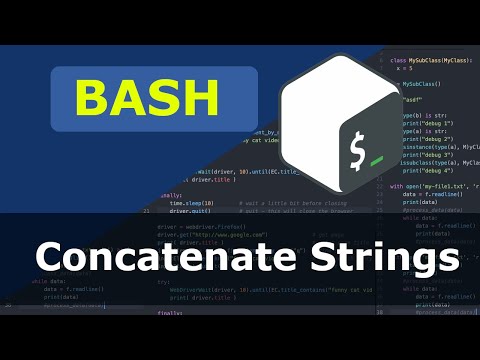
Found 7 images related to concat string in bash theme





![How to Concatenate Strings in Bash [Example Scripts] How To Concatenate Strings In Bash [Example Scripts]](https://linuxhandbook.com/content/images/2021/09/join-strings-bash.webp)




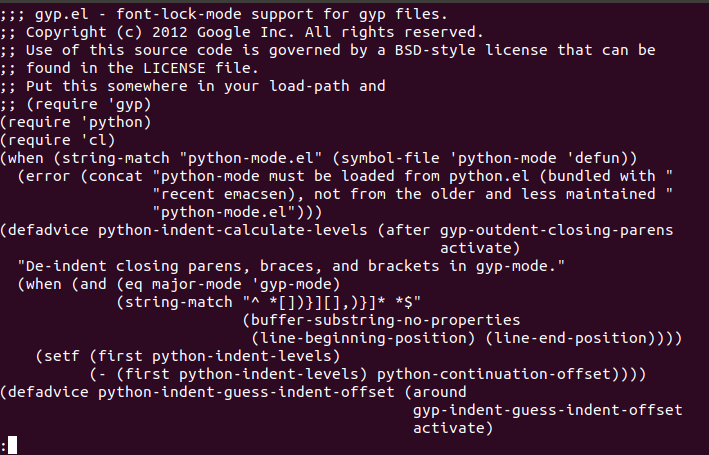


![How to Concatenate Strings in Bash [Example Scripts] How To Concatenate Strings In Bash [Example Scripts]](https://linuxhandbook.com/content/images/2020/08/bash-beginner-series.jpg)







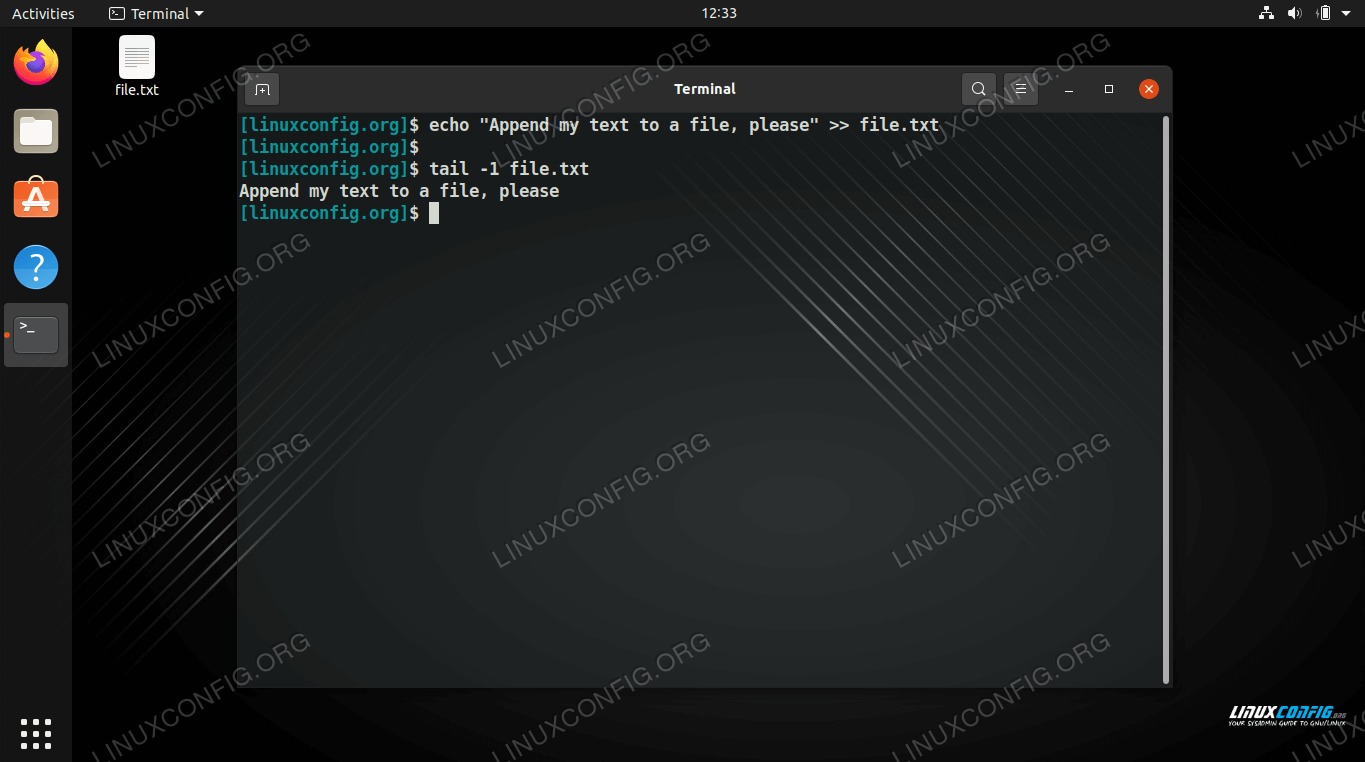



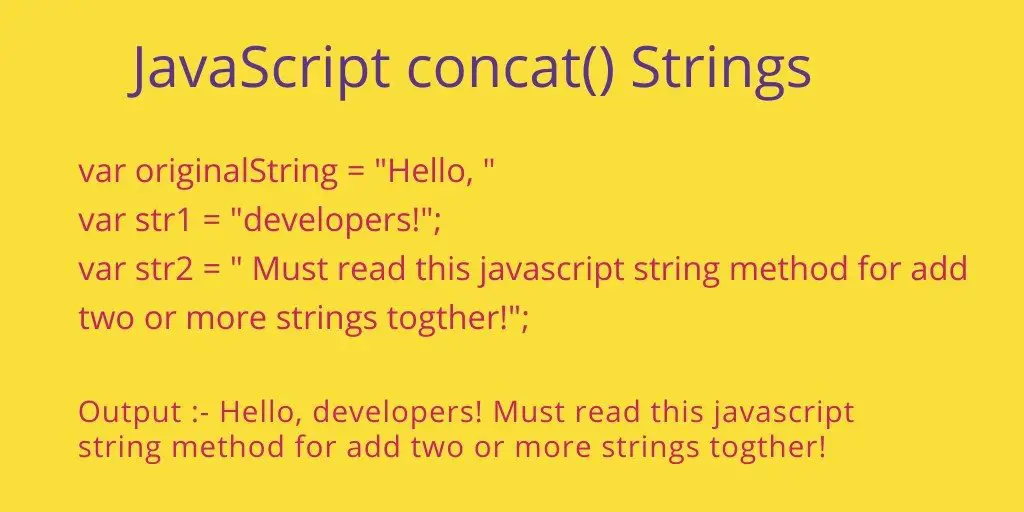






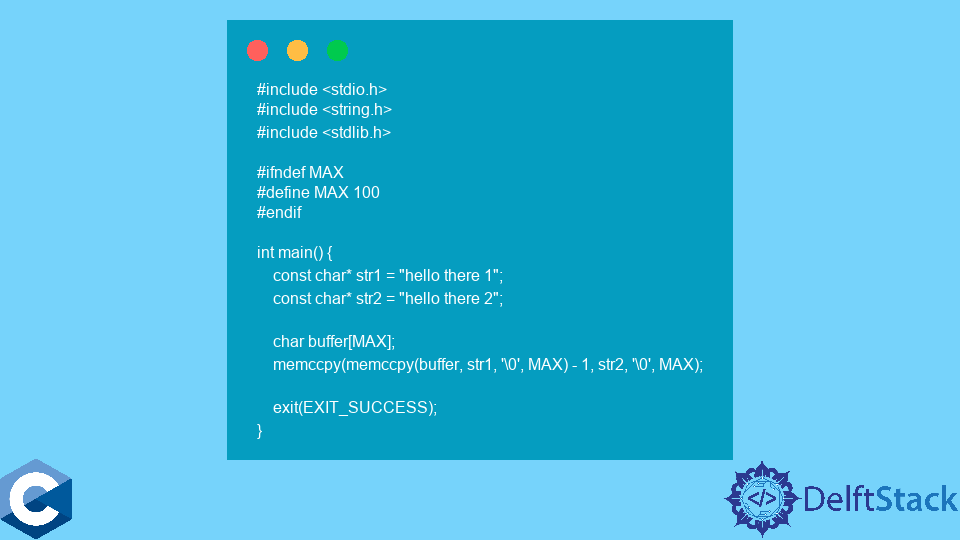







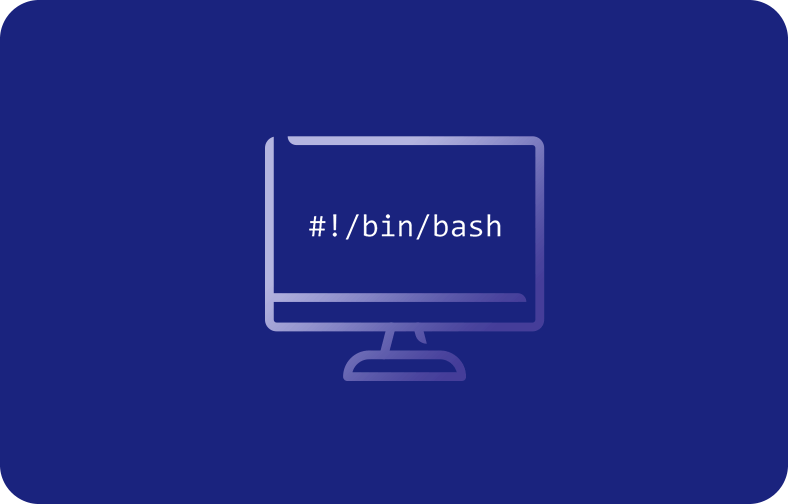
![How to Split String into Array in Bash [Easiest Way] How To Split String Into Array In Bash [Easiest Way]](https://linuxhandbook.com/content/images/2020/06/bash-shell-logo.jpg)


![Typescript array concatenation [With real examples] - SPGuides Typescript Array Concatenation [With Real Examples] - Spguides](https://i0.wp.com/www.spguides.com/wp-content/uploads/2023/01/Typescript-concat-arrays-of-strings.png)




Article link: concat string in bash.
Learn more about the topic concat string in bash.
- How to Bash Concatenate Strings: Joining Variables in Linux
- How to concatenate string variables in Bash – Stack Overflow
- Bash Concatenate Strings | Linuxize
- Concatenate String Variables in Bash | Baeldung on Linux
- String concatenation in bash – Linux Hint
- Concatenate Strings In Bash: How To Join Strings – The Uptide
- Concatenate Strings in Bash – Delft Stack
- How to Use Bash to Concatenate Strings – MakeUseOf
- Bash Concatenate String – Javatpoint
- Shell Script to Concatenate Two Strings – GeeksforGeeks
See more: https://nhanvietluanvan.com/luat-hoc/